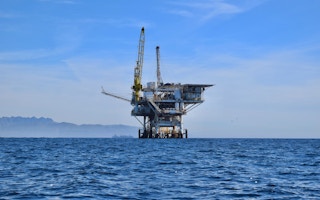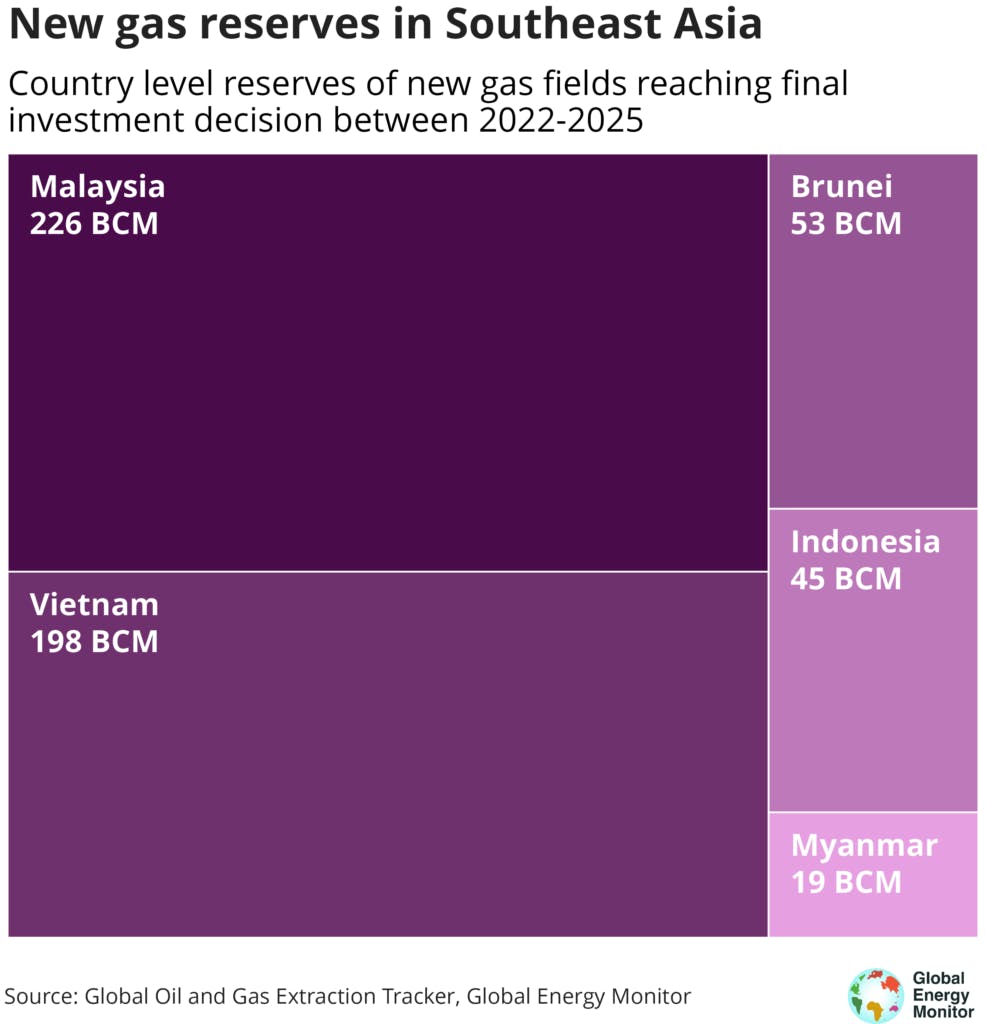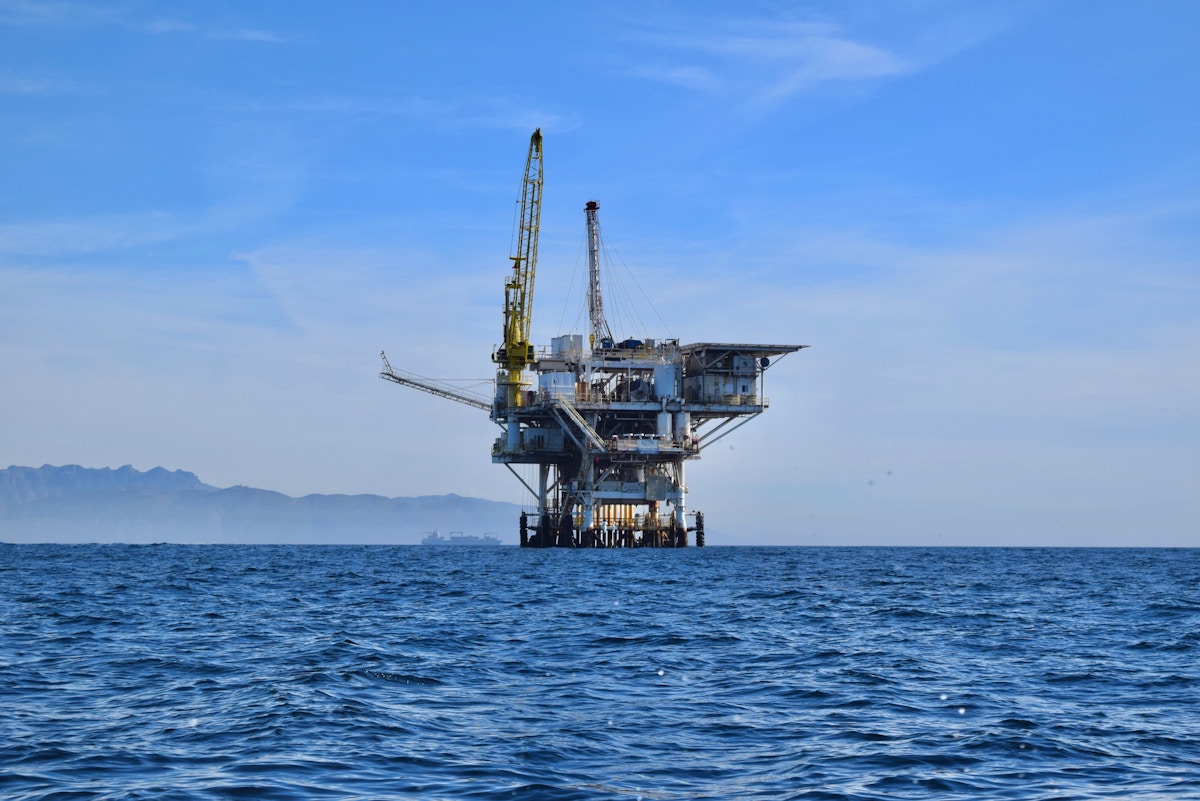Viet
ELITE MEMBER

- Joined
- Jun 18, 2012
- Messages
- 29,950
- Reaction score
- 0
- Country
- Location

By Samantha Ho
5 minute readAug. 10, 2023
The planned expansion of gas production in Southeast Asia, especially in Malaysia and Vietnam, puts the world at risk of breaching the climate-critical 1.5-degree Celsius global warming limit, according to a new report.
At least 19 new gas fields across Malaysia, Vietnam, Indonesia and Brunei are expected to reach their final investment decisions by 2025, said Global Energy Monitor, a non-governmental organisation that catalogues fossil fuel and renewable energy projects worldwide, citing their Global Oil and Gas Extraction Tracker.
These fields have estimated reserves of over 540 billion cubic metres of gas, which equate to about 15 per cent of the region’s total proven gas reserves in 2020, said Global Energy Monitor. Over 75 per cent of the fields are located in Malaysia and Vietnam and are “in development”, which means the fields have moved from the “discovered” phase and are now sanctioned for development.
“Not only would the proposed new gas exploration run afoul of scientific consensus that no new oil and gas fields can be developed while keeping global heating below 1.5 degrees Celsius, but the potential lifespans of some proposed fields extend beyond the net-zero timeframe set by many of these countries,” the organisation said in its report.

Malaysia and Vietnam account for more than 75 per cent of in-development gas fields, according to data from the Global Oil and Gas Extraction Tracker. Image: Global Energy Monitor
In addition to the 19 newly sanctioned gas fields, the report also highlights significant fields being planned across other Southeast Asian countries, although they have not received final investment decisions. This includes the Abadi field and Gendalo-Gehem reserves in Indonesia and seven gas fields in the Philippines.
The planned new gas fields contradict warnings from the International Energy Agency (IEA) and global scientific consensus that there must be no new oil and gas projects if a net-zero emissions pathway is to be achieved by 2050. Global Energy Monitor pointed out that the International Institute for Sustainable Development found in a 2022 report that “not only is there no need for new fields, but most importantly there is no room for new fields to be developed if we are to limit warming to 1.5-degrees Celsius.”
“Energy demand is increasing across Southeast Asia as economies grow, but ramping up gas production is not a long-term solution,” said Scott Zimmerman, project manager for the Global Energy Monitor’s Global Oil and Gas Extraction Tracker.
Instead, higher energy demand should be met via cost-effective, renewable energy sources, which is not only a lower-carbon alternative but would also insulate the region from volatile gas prices, said Zimmerman.
Both Malaysia and Vietnam, however, recently said that they will continue to rely on gas to meet domestic energy needs despite having committed to achieving net-zero emissions by 2050.
Vietnam’s new National Energy Masterplan, published on 26 July, suggested that the country will turn to domestic gas for power generation. Meanwhile, the Malaysian government recently positioned gas as a “stabilising factor” in the country’s energy transition as it increases its share of renewable energy.

Newly approved gas reserves in Malaysia, Vietnam threaten 1.5°C warming limit: report
At least 19 new gas fields in Southeast Asia have been sanctioned for development but these activities, as well as further oil and gas exploration, are incompatible with scientific consensus on climate change, said Global Energy Monitor.



